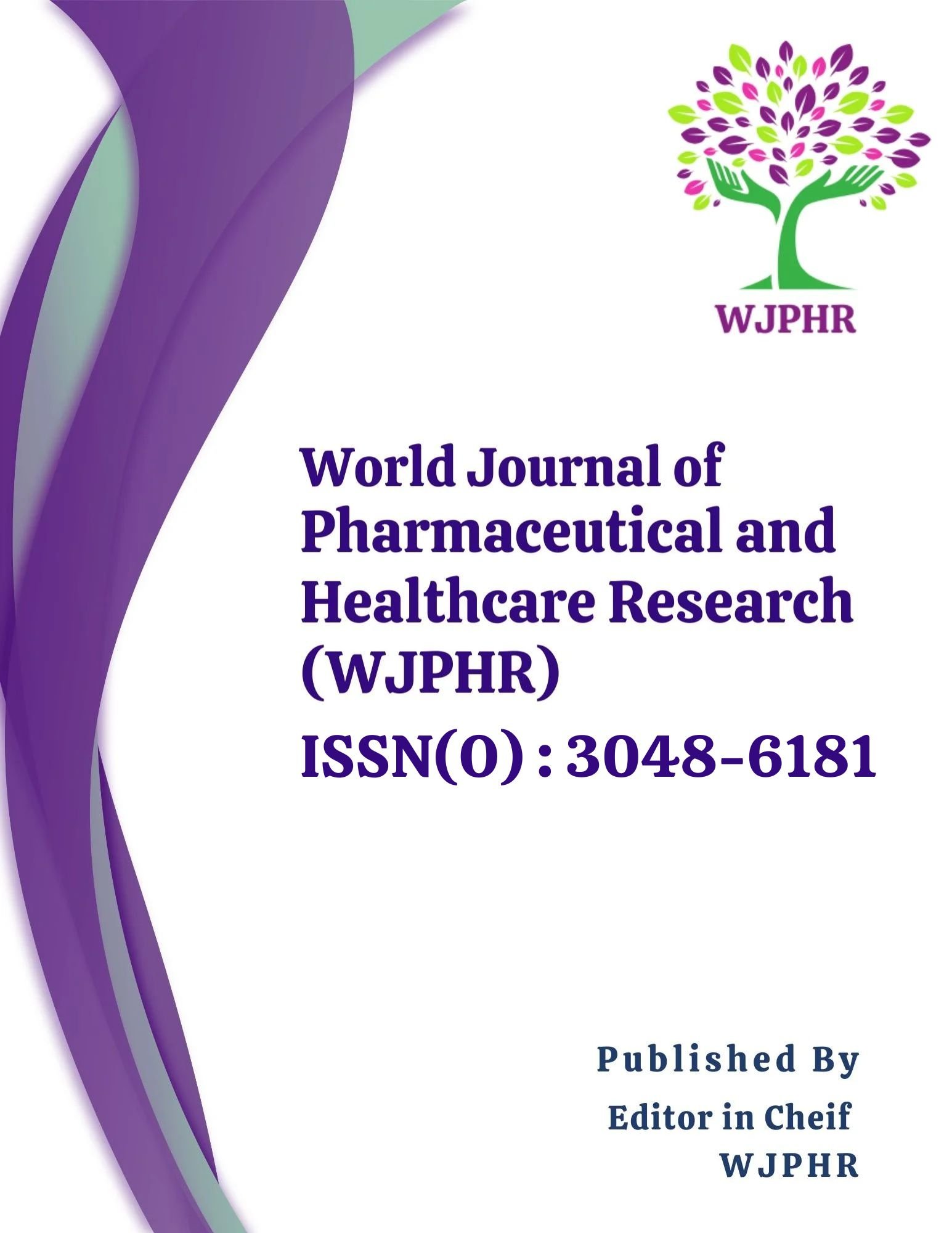DOI:
VOLUME 2 – MARCH ISSUE 3
Tasawar Iqbal* and Nadeem Ahmed
ABSTRACT
Rheumatoid arthritis (RA) is a chronic autoimmune disorder characterized by persistent joint inflammation, pain, and progressive cartilage degradation. Conventional treatments, including nonsteroidal anti-inflammatory drugs and biologics, provide symptomatic relief but are often associated with adverse effects. Plant-based color therapy has emerged as a promising complementary approach to managing RA. This therapy is based on the therapeutic potential of naturally occurring plant pigments, such as flavonoids, carotenoids, anthocyanins, and chlorophyll, which exhibit strong anti-inflammatory, antioxidant, and immunomodulatory properties. This review explores the scientific basis of plant-derived pigments in mitigating RA symptoms through their biochemical interactions with inflammatory pathways. Red pigments, rich in anthocyanins and carotenoids, have been shown to suppress pro-inflammatory cytokines and oxidative stress. Yellow and orange pigments, particularly curcumin and beta-carotene, modulate immune responses and reduce joint inflammation. Green pigments, such as chlorophyll and polyphenols, contribute to detoxification and immune regulation. Blue and purple pigments, primarily anthocyanins, enhance collagen stability and reduce oxidative damage in joint tissues. White and brown pigments, found in garlic, onions, and whole grains, offer additional anti-inflammatory benefits by modulating gut microbiota and reducing systemic inflammation. A synergistic, multi-color dietary approach may provide greater therapeutic benefits in RA management than single-compound interventions. However, the clinical application of plant-based color therapy remains underexplored, necessitating further research to establish standardized dosages and long-term efficacy. By integrating plant-based color therapy with conventional treatments, a holistic and sustainable approach to RA management can be achieved. This review highlights the potential of plant pigments as a natural, non-toxic alternative for alleviating RA symptoms and emphasizes the need for clinical trials to validate their therapeutic efficacy.
Keywords:
Rheumatoid arthritis, plant-based therapy, phytochemicals, antioxidants, inflammation, flavonoids, carotenoids.
